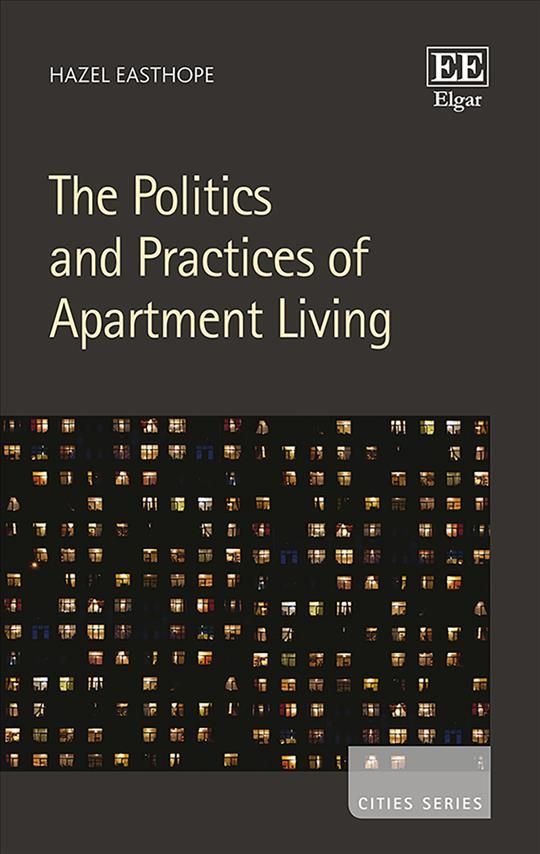‘This is arguably one of the best books ever written about condominiums. Easthope has researched all aspects of the life-cycle of condominiums, from development to termination, covering multiple jurisdictions across the world. She draws out differences in structures and management, but more importantly, highlights the striking similarities in global residential development. As condominiums increasingly dominate our cities, this book will become an essential resource for all researchers.’ - Cathy Sherry, University of New South Wales, Australia With a majority of the world’s population now living in cities, apartment living is a necessity. This book explores the potential of private apartment developments (condominiums) to play an important role in modern cities and contribute to a positive urban future. Addressing the influences of housing markets, development practices, planning regimes, legal structures and social and cultural norms on the development and operation of condominiums, Hazel Easthope argues that while the condominium is a child of the neo-liberal city, it has the potential to rebel against its parent by enabling local-level resident action, mobilising place-based politics, and facilitating the creation of local social ties. Including interviews with over 100 specialists across seven countries, this book is an exemplary cross-disciplinary work that studies the past, present and potential of apartment living. A timely and original contribution to current scholarship, this book will be an interesting read for students and researchers of geography, urban studies, planning, social policy and law. Its insights into the complexities of condominiums will also be useful for lawyers, property managers and government officials.



![Christian Löffler - MARE [VINYL]](https://avmedia.ams3.cdn.digitaloceanspaces.com/6/b2/6b2177ea-57ae-40c6-84ac-3126f9ee784a.webp)








